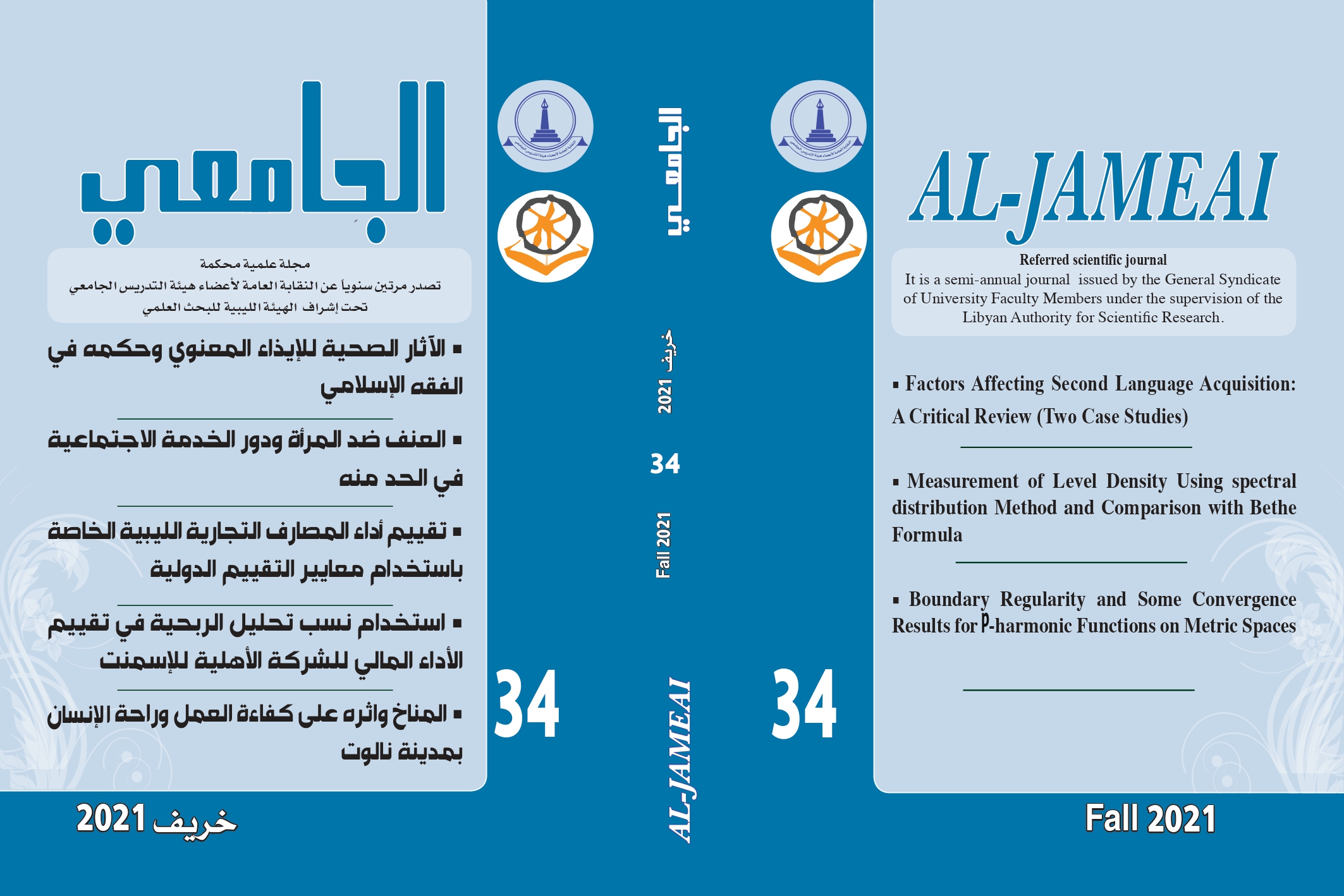التوافق و التعارض بين مبادئ القانون الدولي
"دراسة حول مبدأي السلامة الإقليمية للدول والحق في تقرير المصير في إطار الأمم المتحدة"
Abstract
الملخص:
تناولت هذه الدراسة موضوعا يعد ذو اهمية في العلاقات الدولية والقانون الدولي الا وهو موقف الامم المتحدة من العلاقة بين مبدئ السلامة الاقليمية للدول والحق في تقرير المصير, ومدي تأثر هذا الموقف وتغيره وفقا لطبيعة النظام الدولي
واتضح ذلك من خلال التغير في موقف المنظمة الدولية تجاه هذه العلاقة بحيث نجد هذا الموقف في مرحلة من مراحل النظام الدولي يميل الي محاولة التوافق او التكامل بين المبدأين , وفي حين أخر يميل الي تعزيز وتغليب احد المبدأين علي حساب الأخر.
واتضح ذلك من خلال موقف المنظمة في العديد من القضايا والحالات الدراسية التي صاحبت موضوع الدراسة, وقد يرجع هذا التغير في موقف المنظمة الي طبيعة النظام الدولي والعديد من الاسباب الأخرى التي تم التعرض لها في اطار الدراسة مما دفع الباحثين الي خلاصة بحثية وعدة توصيات يمكن من خلالها تطبيق هذه المبادئ في اطار التنظيم الدولي ومنظمة الامم المتحدة بنوع من الثبات والاستمرارية والتوافق والتكامل بين تلك المبادئ مهما كانت طبيعة النظام الدولي او سيطرت بعض القوي الدولية علي قرارات تلك المنظمة .وذلك لضمانة التوافق وعدم التعارض عند تطبيق تلك المبادئ في القضايا الدولية والعلاقات بين الدول وعدم التدخل في شئونها الداخلية بما يضمن تمتع تلك الدول بسيادتها الكاملة في اطار القانون الدولي.
Abstract:
This study dealt with a topic that is of importance in international relations and international law, which is the position of the United Nations on the relationship between the principle of territorial integrity of states and the principle of the right to self-determination, and the extent to which this position has been affected and changed according to the nature of the international system. The relationship so that we find this position at one stage of the international system tends to try to compatibility or complementarity between the two principles, while at the other time it tends to strengthen and give priority to one of the two principles at the expense of the other.
This was evident from the organization’s position in many of the issues and study cases that accompanied the subject of the study. This change in the organization’s position may be due to the nature of the international system, and many other reasons that were exposed in the framework of the study, which prompted the researchers to a research summary and several recommendations Through which these principles can be applied within the framework of the international organization and the United Nations Organization with a kind of stability, continuity, compatibility and integration between those principles, whatever the nature of the international system, or the control of some international powers over the decisions of the organization, in order to ensure compatibility and non-conflict when applying these principles in international issues.



